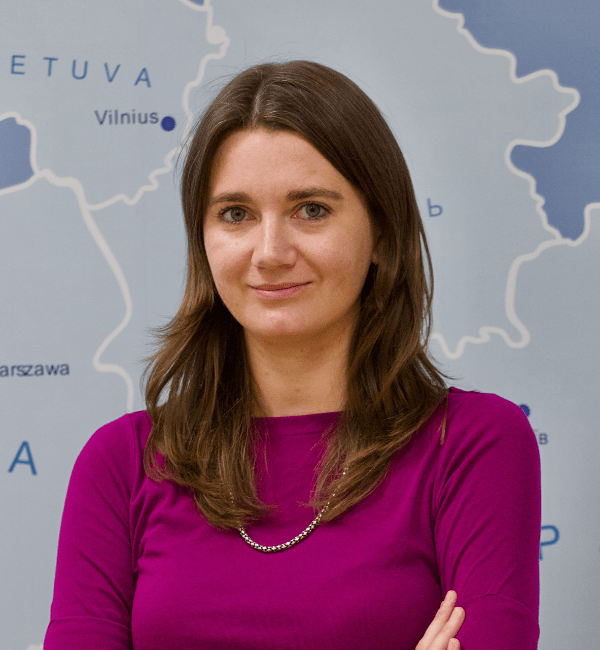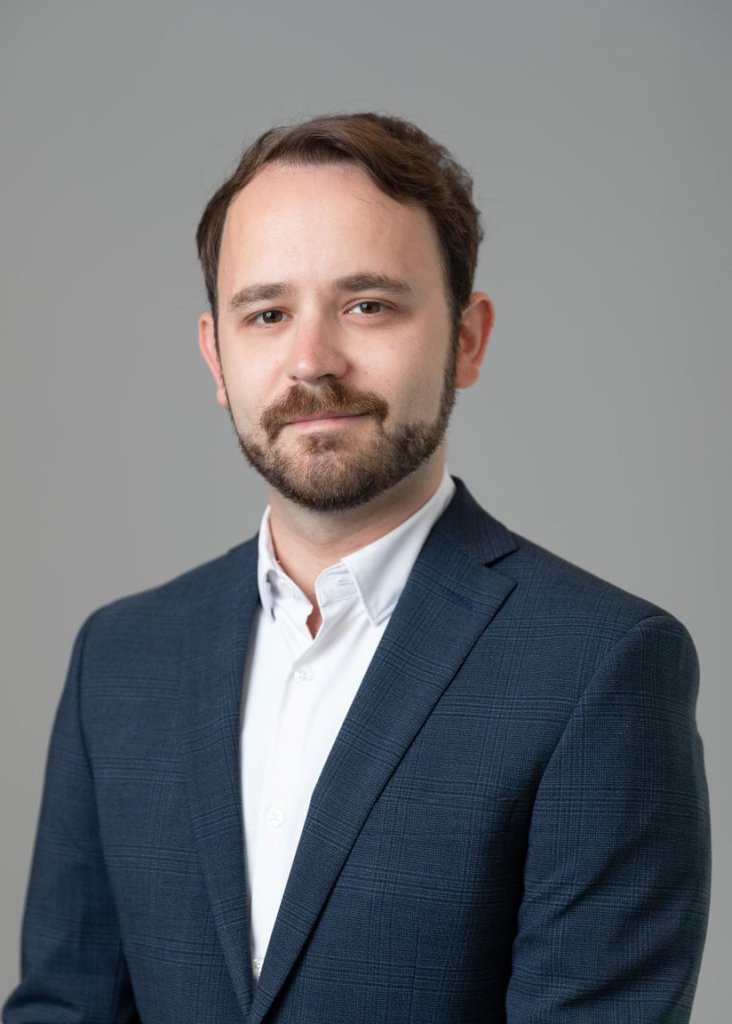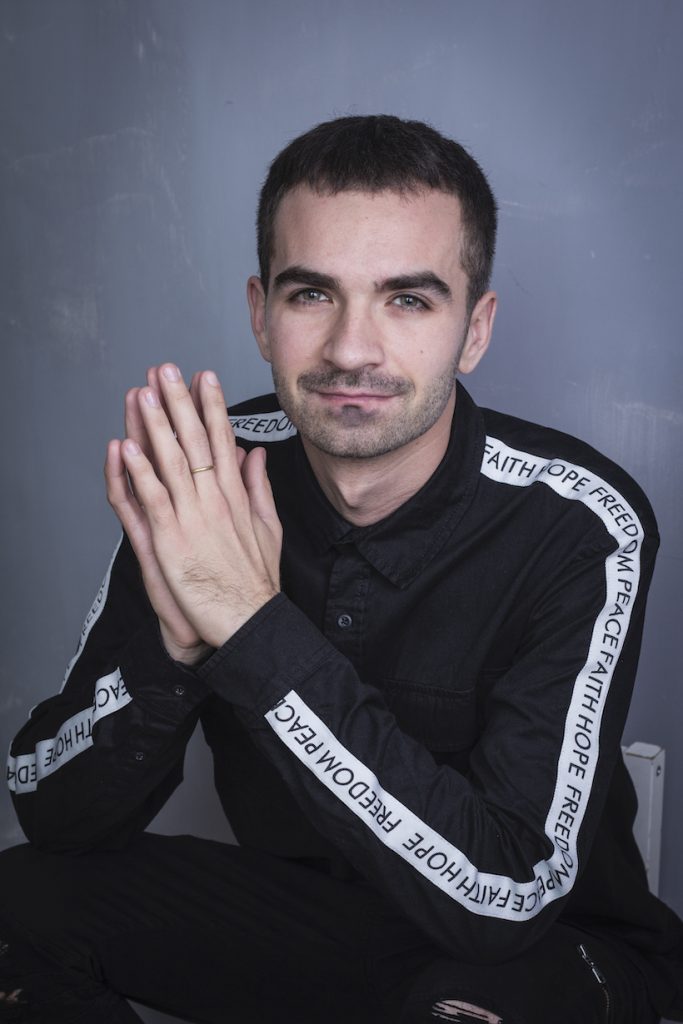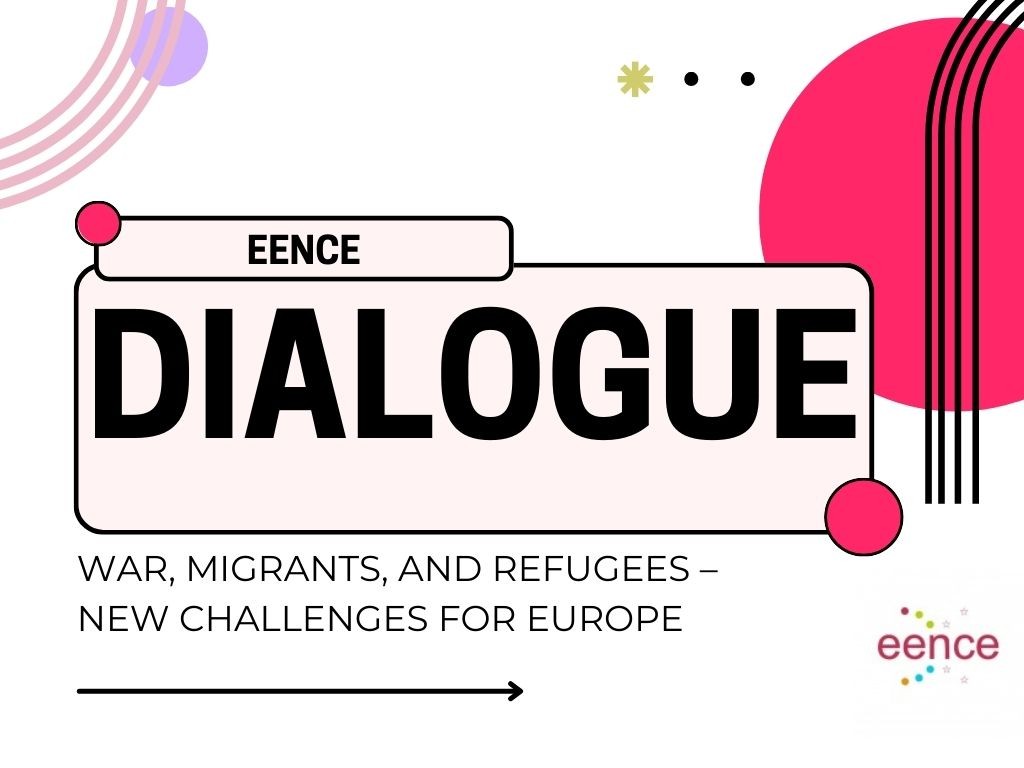War, Migrants, and Refugees – New Challenges for Europe
We invite you to take part in the next EENCE-Dialogue online discussion. The panellists will discuss the impact of the war in Ukraine on migration and refugee issues, as well as the integration of migrants and refugees into new societies.
Program:
- Introduction (15 minutes): Overview of Migration and Refugees in today’s Europe.
- Keynote Speech (30 minutes):
- Panel Discussion (45 minutes:
- Q&A Session (30 minutes): Interactive session with attendees.
- Workshop (30 minutes): Integrating migrants and refugees.
- Evaluation and Follow-up (15 minutes)
Moderator: Natalie Gamtsemlidze, Vice-chairperson of the Eastern European Network for Citizenship Education & EDI specialist.
Date: October, 11 (15:00-18:00 CET).
Working languages: English and Russian (simultaneous translation).
Registration:
https://us06web.zoom.us/meeting/register/tZwkcequrjIvEtTK0E5SGo6ZZHPHCSK100Jt
Information about speakers:
Malwina TALIK
Malwina is a Research Associate at the Institute for the Danube Region and Central Europe (Vienna), where she focuses on current politics in Central Europe, migration, democratic resilience
and gender equality. She holds a joint degree in Global Studies and History from the University of Vienna and the University of Leipzig. She has further expanded her expertise through summer
programs in Peace Research and Democratic Resilience at the University of Oslo.


Marcus HOW
Head of Research and Analysis of the VE Insight, a political risk advisory based in
Vienna and specialized in CEE. He is responsible for political risk analysis (PRA). He writes many insights news and periodically publishes articles to market our regional expertise in Europe, especially Central and Eastern Europe. He has also undertaken projects in the Middle East and Africa.
Marcus has a BA in Philosophy and an MA in Political Economy and says his studies set the foundations for his analytical skills.
Nazarii BOIARSKYI
Nazarii is a seasoned human rights expert and educator with extensive experience in
civic education, human rights advocacy, and project management. He holds a Master’s degree in International and European Union Law from Vilnius University (Lithuania) and a second Master’s in Psychological Rehabilitation in Emergency Situations from Donetsk National University named after Vasyl Stus (Ukraine). Nazarii has worked with numerous NGOs across Europe, focusing on protecting vulnerable groups, promoting democracy, and fostering inclusion. Currently, he leads programs at
the Ukrainian NGO ‘Democratic Initiatives Incubator’, which focuses on Ukraine, the Baltic States, and the Eastern Partnership countries. Nazarii is also a recognised trainer and speaker having facilitated many international human rights education events. His work continues to shape inclusive policies, develop the application of trauma-informed approaches, and engage young people in civic activism across Europe.

Abstracts
Malwina Talik, War(s), refugees, migration – new challenges for Europe?
The Russian full-scale invasion of Ukraine represents a turning point in Europe’s post-war history. Not only has it brought interstate conflict to the EU’s doorstep and challenged its longstanding policies toward Russia, but it has also triggered the largest refugee movement in Europe since World War II. Yet, it is not the only conflict unfolding near the EU’s borders.
This lecture will examine how Europe has responded to the challenges caused by the war, with a particular focus on the reception of refugees from Ukraine, situating this response within the broader post-2015 migration discourse.
It will also explore how Russian and Belarusian authorities are instrumentalizing migration on the EU’s eastern frontiers.
Marcus How, The politics of the war in Ukraine in CEE
Different governments in CEE have responded to the war in Ukraine, and the refugee flows it has generated, in different ways.
Responses to the relevant policy areas have not always been consistent. Internal consensus also does not necessarily exist, with the policy direction changing with the election cycle.
This presentation will focus on case studies from Poland, Hungary, Slovakia, Bulgaria and Serbia to illustrate the challenges.
Nazarii Boiarskyi, The work with forced migrants and the civic education programs
The speaker will share his experience working with forced migrants, paying special attention to the implementation of civic education programs.
As part of the presentation, practical recommendations will be given on the organization and implementation of educational events for forced migrants. The main challenges faced by civic education providers and non-governmental
organizations working with migrants and for their support will also be considered.
EENCE Dialogue is organised by the Eastern European Association for Citizenship Education with the support of the Federal Agency for Civic Education (bpb) with funds from the German Ministry of Foreign Affairs.


